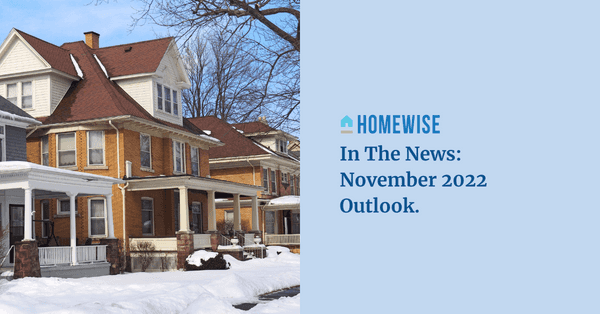At the beginning of April, Budget 2022 was released by the federal government and among many proposals was the new Tax-Free First Home Savings Account (FHSA). Combining the features of both an RRSP and TFSA, the FHSA will allow Canadians under 40 to save up to $40,000 toward their first home starting in 2023.
How does it work?
Similar to an RRSP, any savings you invest from your income in your FHSA are tax deductible. Following the rules of a TFSA, the money in your FHSA will be able to compound and grow tax-free until you withdraw up to a maximum of $40,000. If you don’t use the funds in your FHSA for a first home purchase within 15 years of opening the account, you would need to either close your FHSA or transfer this money into your RRSP.
Unlike the Home Buyers’ Plan, buyers do not need to pay back the funds once they’ve withdrawn it. The FHSA is specifically designed to help first-timers save for a down payment and help them make this milestone investment quicker – without any stress.
Will it remain tax-free?
When you withdraw these funds to put toward your down payment, it remains tax-free and would not be considered income. However, since it’s meant specifically for buying a first home, you would be taxed if you withdrew funds for any reason other than a home purchase. For example, if you withdrew $3,200 from your FHSA for a reason unrelated to your home, your income would increase by $3,200 for the year.
Are you eligible?
In order to qualify for the new FHSA, you must meet the following criteria:
- you must be a resident of Canada
- you must be at least 18 years of age
- you can not own a home at any time in the year the account is opened or during the preceding four calendar years
- meant for primary residences only – not investment properties
If you’re a first-time home buyer looking to enter the market, our team of dedicated Mortgage Advisors would be happy to answer any questions and walk you through the home buying and mortgage process. It’s as simple as applying online in just five minutes here.









